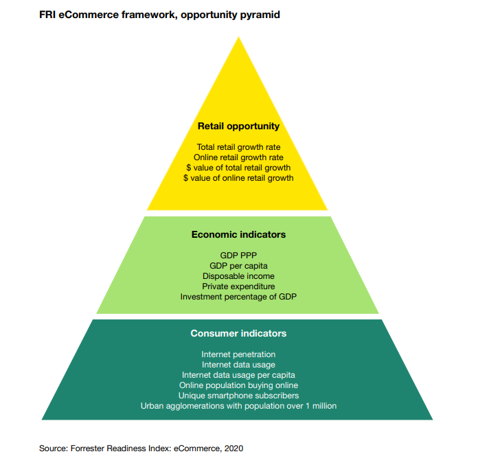
Retail stocks are getting pummeled as the coronavirus outbreak worsens and swaths of the country enter a lockdown.
The XRT retail ETF has fallen 33% in March, its worst month ever. Some of its components have performed even worse — Kohl’s, Macy’s, and Guess have all dropped by more than 60%.
Ari Wald, head of technical analysis at Oppenheimer, said this is an extension of broad underperformance stretching back years, and that it could get worse.
“The areas that had been showing relative weakness here are the areas that continue to sell off and now have really been damaged,” he said on CNBC’s “Trading Nation” on Monday. “Take for instance, the S&P retail SPDR versus the market has been trending lower for a number of years and now as the market breaks down, you have this ETF completing a topping pattern dating back to the year 2013 — a seven-year topping pattern. So this is an ETF that we’d be recommending to sell on strength, rather than buying weakness.”
He noted that that underperformance is even clearer when compared with one of the outperformers — health care. The XBI biotech ETF, he said, has reversed a downtrend to buck some of the sharper dips in the market. That ETF is up 4% in the past week, while the XRT ETF has fallen more than 5%.
“So far, this weakness is about looking for long-term opportunity, and I think that longer-term opportunity is with the areas that are showing relative strength. I think backing and filling is basically needed, and you need to see that before really starting to buy the beaten-up stuff. I think selling the beaten-up stuff is still an attractive near-term hedge,” said Wald.
The challenge to retailers is more than just store closures and damaged consumer sentiment. Quint Tatro, president of Joule Financial, said that high leverage among some of the clothing and specialty retailers makes for an uncertain future.
“It’s very concerning. It means that simply they’re not able to pay their bills, and so they’re tapping credit lines, they’re tapping any means possible to try and stay in business,” Tatro said during the same segment. “Then we have debt defaults and then ultimately the equity follows. So I think that the market is telling us that a lot of these companies are in trouble if we don’t return to some sort of normalcy very quickly.”
Macy’s, for example, tapped a $1.5 billion credit line on Friday and suspended its quarterly cash dividend.
“You have to be very careful again when you’re trying to bottom fish and pick these names out of the trash,” Tatro said. “We are focused on staple-type retailers like a Walmart or a Target, companies that will be just fine. They have strong balance sheets, they have strong cash flow. They’re still operating, etc. That’s kind of our go-to. The specialty ones are off the table for the time being.”
Target has gained 3% and Walmart 7% in the past week.
Disclosure: Joule Financial has positions in Walmart and Amazon.

